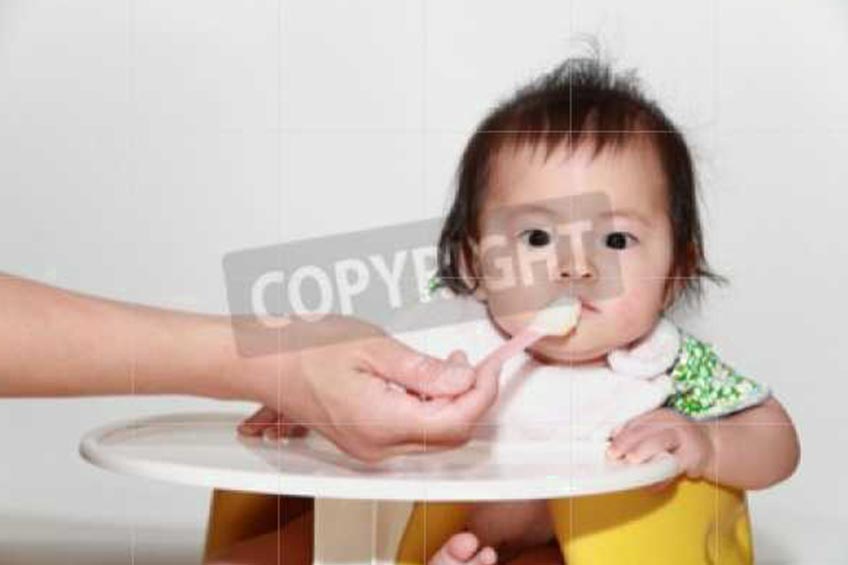
Worried about Vomiting in Children? Learn more about themSunday, 17 June 2018
Articles
Vomiting may often be experienced by the Little One, particularly after a meal. Vomiting is a symptom, not a disease. Vomiting may occur due to an increase in the reflexes of the digestive system which causes food or drinks that have entered the stomach to be emitted back through the mouth. Sometimes, vomiting experienced by the Little One may be within normal limits, but it is important to identify the cause as it can also occur due to abnormal conditions. For a newborn, vomiting may occur because their digestive tract is still adapting to the process of food intake. A common cause is increased volume of food that causes the stomach of the Little One to be full, triggering a vomiting reflex. Vomiting can also be caused by crying for a prolonged period of time or coughing. Frequent vomiting can potentially cause the Little One to be dehydrated, and therefore parents should pay attention to their fluid intake. Be aware of the signs of dehydration and provide oral rehydration solution if required. If the Little One vomits repeatedly, immediately consult a pediatrician so that a direct evaluation and optimal management can be conducted. As the age of the Little One increases, vomiting is often associated with infection. Usually, vomiting due to infection occurs more than once and is accompanied by other symptoms, such as fever. Infections that may cause vomiting in the Little One are as follows:
- Digestive tract infections, usually accompanied by symptoms such as bloated stomach and diarrhea
- Ear infections, usually accompanied by symptoms such as fever, cough-coryza, and ear pain
- Respiratory tract infections, usually accompanied by symptoms such as fever and cough-coryza
- Urinary tract infections, usually accompanied by fever



